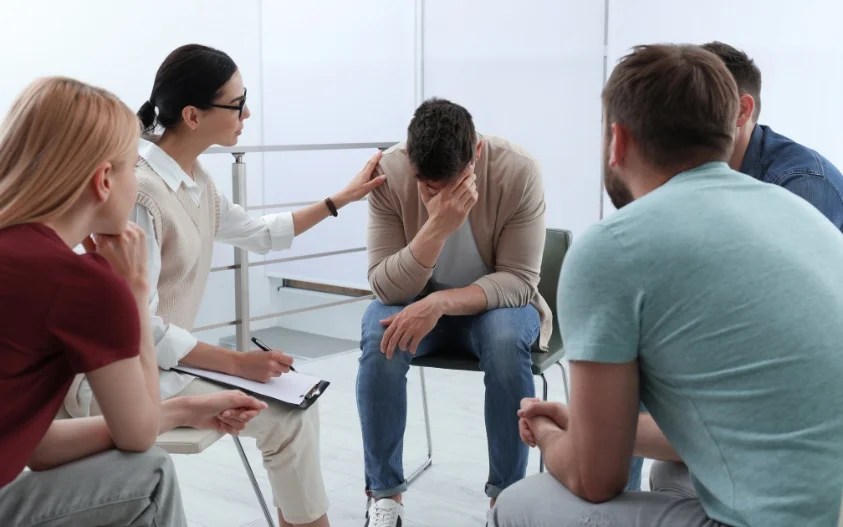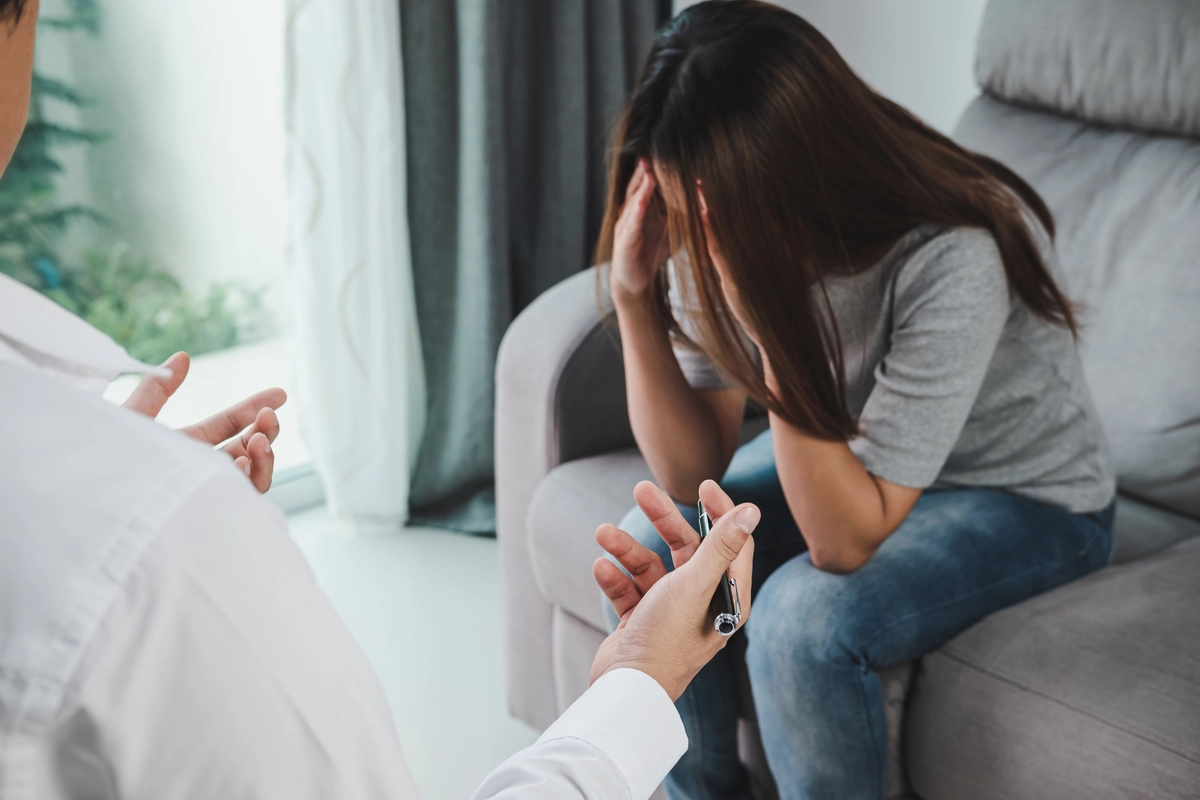24/7 Helpline:
(866) 899-111424/7 Helpline:
(866) 899-1114
Learn more about Bipolar Disorder Treatment centers in Moultrie County
Bipolar Disorder Treatment in Other Counties

Compass Health Network – Sullivan
Pathways Community Health - Progress Drive provides mental health services for children and adults. ...


















Moultrie County Counseling Center
Moultrie County Counseling Center is a private rehab located in Sullivan, Illinois. Moultrie County ...
























Other Insurance Options

Meritain

American Behavioral

Holman Group

Choice Care Network

Aetna

Oxford

BHS | Behavioral Health Systems

Access to Recovery (ATR) Voucher

Covered California

CareSource

Group Health Incorporated

MVP Healthcare

Self-pay options

Optum

UnitedHealth Group

Lucent

Magellan

GEHA

United Health Care

Humana